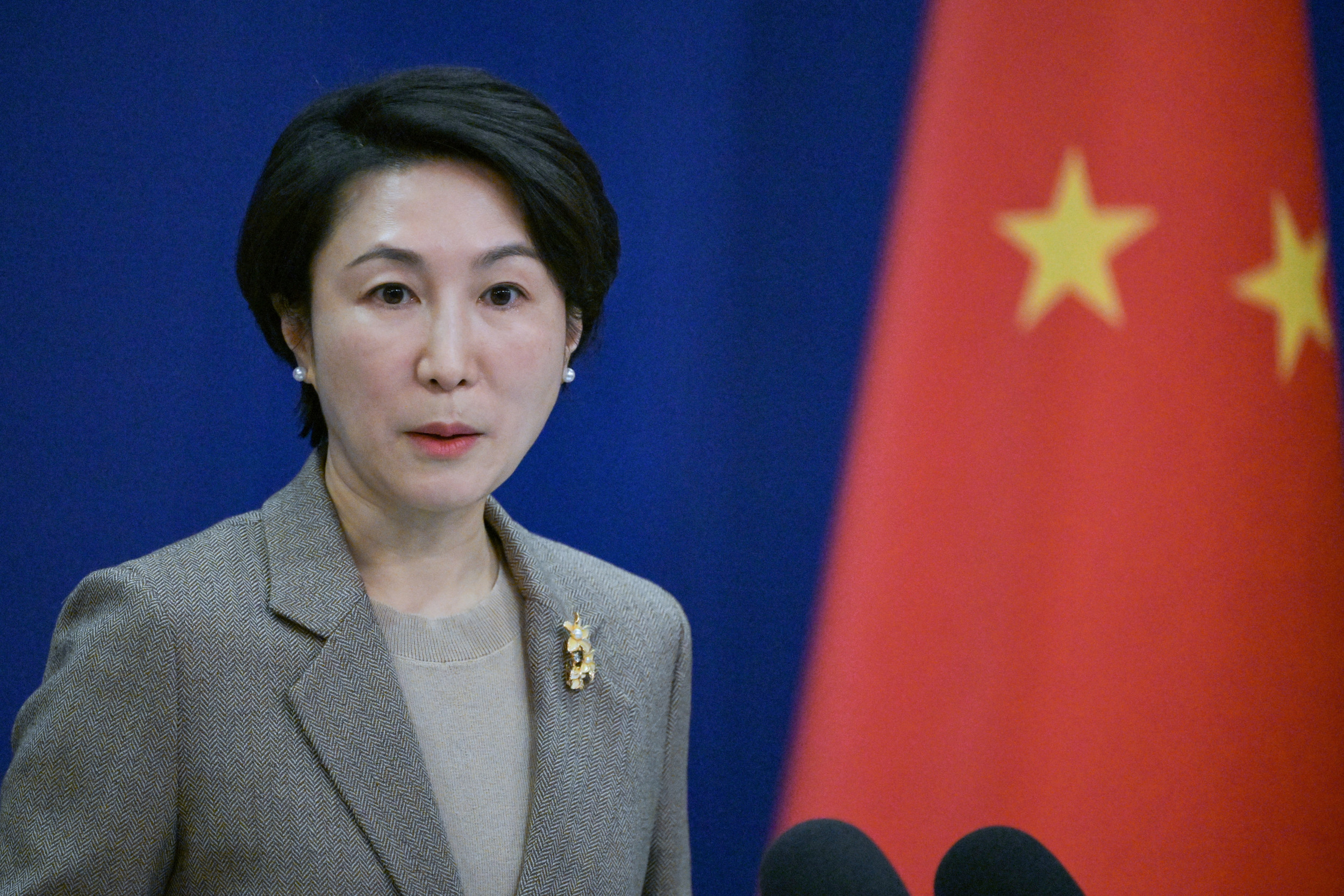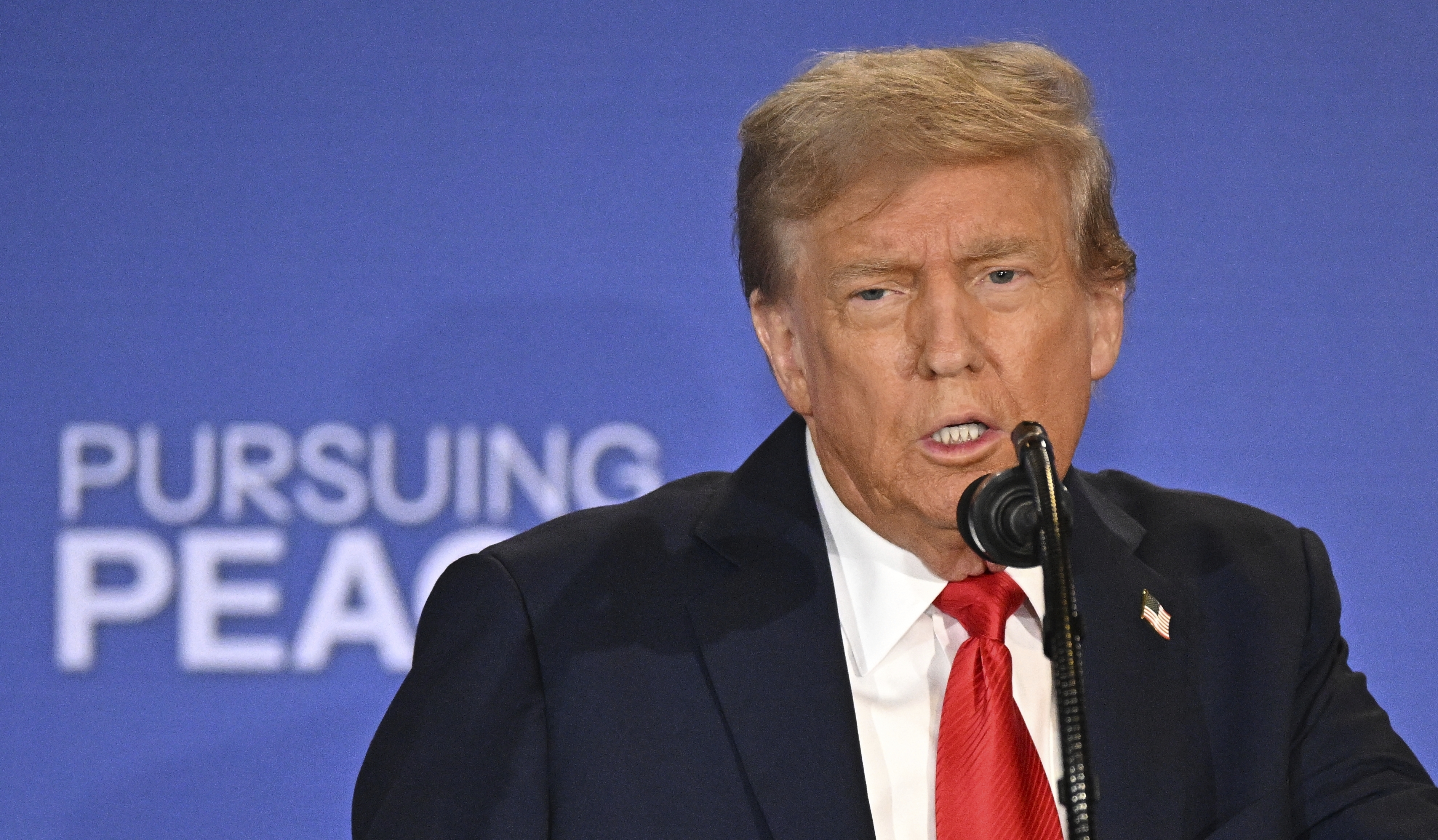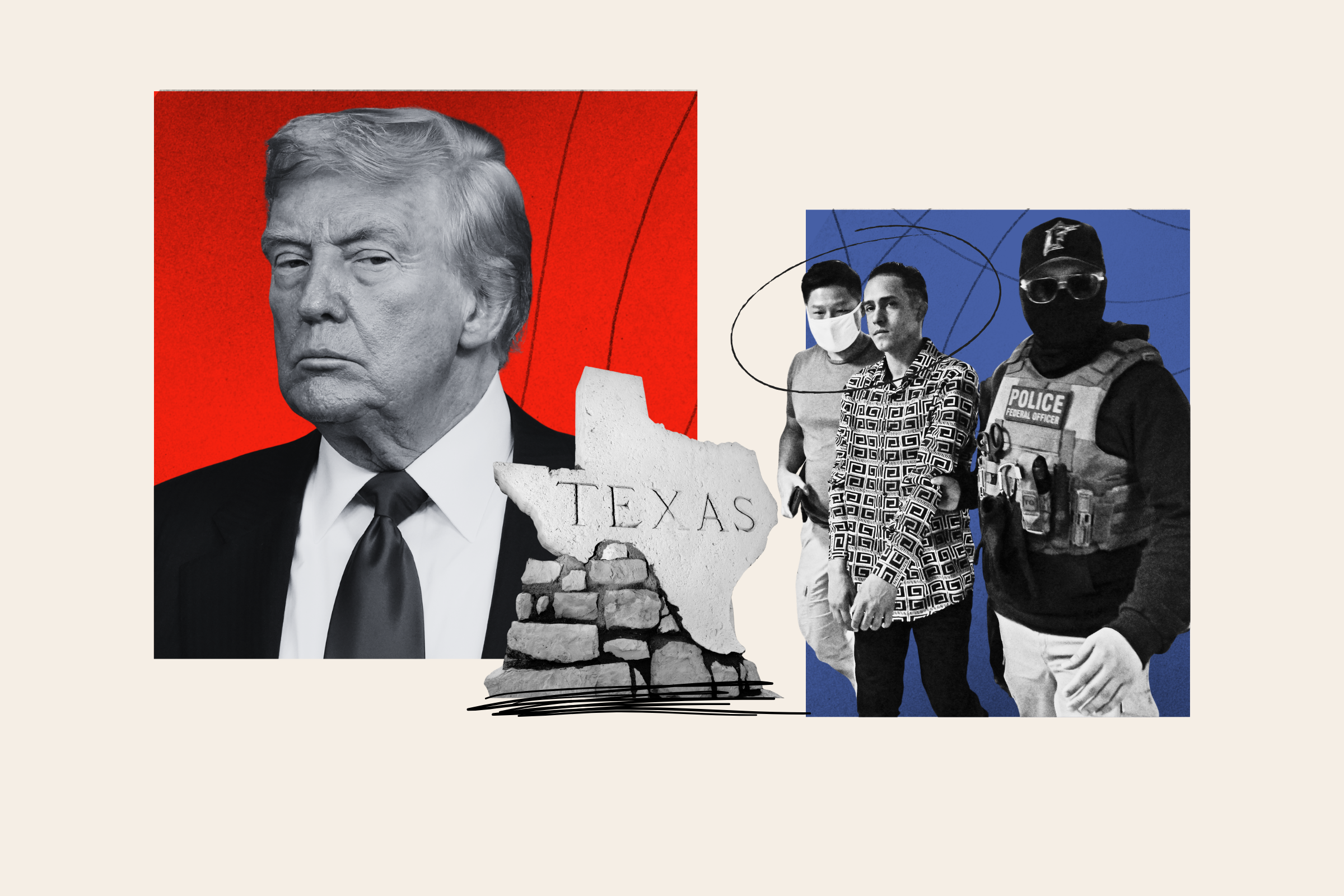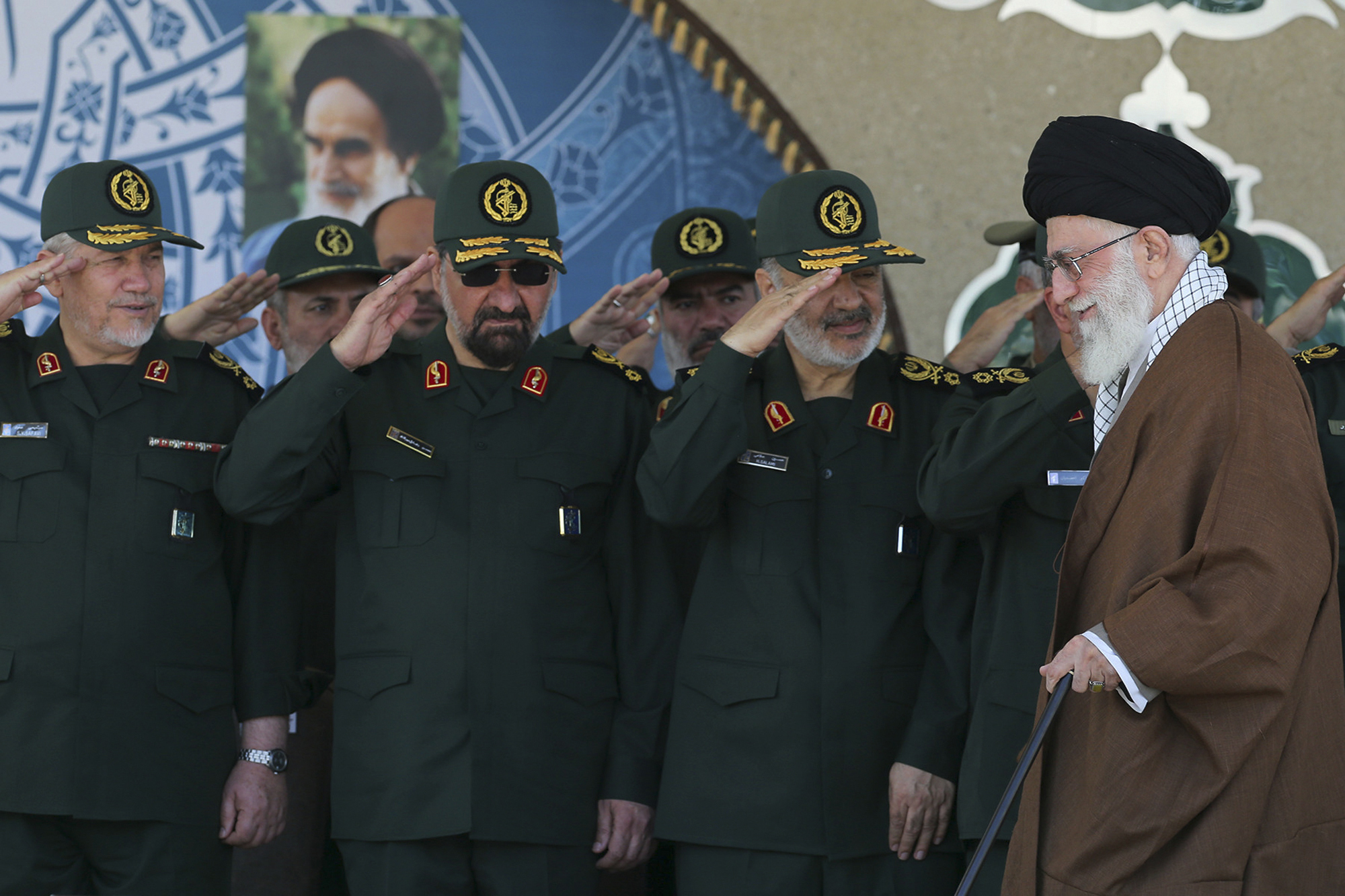🎙️ Voice is AI-generated. Inconsistencies may occur.
Iran has warned the United States that its apparently contradictory statements on nuclear talks put them at risk of falling apart.
Newsweek has reached out to the U.S. State Department for comment.
Why It Matters
If the talks fail to reach a deal on Iran's nuclear program, then U.S. President Donald Trump has threatened to bomb the Islamic state to stop it developing nuclear weapons - something Tehran has long said it has no intention of doing.
Iran is pushing back against what it sees as shifting U.S. demands at the time it also faces the Trump administration's squeeze with toughened economic sanctions in a "maximum pressure" campaign.

What To Know
The Iranian warning follows statements from White House Special Middle East envoy Steve Witkoff that Iran must "stop and eliminate its nuclear enrichment and "weaponization program," a few days after meeting with Iran's foreign minister in Oman on Saturday. In earlier comments, he had suggested Iran only needed to stop enrichment beyond the threshold needed for a civilian nuclear energy program.
Iranian foreign ministry spokesperson Esmaeil Baqaei said Witkoff's position on the talks had witnessed a nearly 180-degree turn, according to state news agency IRNA.
"Moving the goalposts constitutes a professional foul and an unfair act in football. In #diplomacy any such shifting (pushed by hawks who fail to grasp the logic/art of commonsensical deal-making) could simply risk any overtures falling apart," Baqaei posted on X.
Witkoff's stance appeared to have shifted from negotiating enrichment regulation to elimination, a notion Iran firmly opposes.
Director General of The International Atomic Energy Agency (IAEA) Rafael Grossi is in Tehran for high-level discussions on Iran's nuclear program.
During his first term, Trump withdrew from a 2015 nuclear deal and is now seeking to negotiate a new deal. Iran's Supreme Leader Ayatollah Ali Khamenei has expressed skepticism over U.S. intentions and cautioned against expecting significant outcomes from the ongoing talks.
Diplomatic tensions in past weeks have prompted military positioning on both sides, while hardliners have criticized the talks.
Israel had been preparing to launch military strikes against multiple nuclear targets in Iran—until Trump intervened, according to a New York Times report citing administration officials and other briefed on the discussions.
What People Are Saying
Iran's Foreign Ministry Spokesperson Esmaeil Baqaei on X: "Moving the goalposts constitutes a professional foul and an unfair act in football. In #diplomacy any such shifting (pushed by hawks who fail to grasp the logic/art of commonsensical deal-making) could simply risk any overtures falling apart. It could be perceived as lack of seriousness, let alone good faith. We're still in testing mode..."
U.S. Special Envoy to the Middle East Steve Witkoff on X: "A deal with Iran will only be completed if it is a Trump deal. Any final arrangement must set a framework for peace, stability, and prosperity in the Middle East -- meaning that Iran must stop and eliminate its nuclear enrichment and weaponization program. It is imperative for the world that we create a tough, fair deal that will endure, and that is what President Trump has asked me to do."
Director General of the International Atomic Energy Agency Rafael Grossi on X: "Important to meet with Foreign Minister @araghchi during my timely visit to Iran. Cooperation with @IAEAorg is indispensable to provide credible assurances about the peaceful nature of Iran's nuclear programme at a time when diplomacy is urgently needed."
What Happens Next
With tensions rising ahead of the next meeting set for Saturday, it could limit prospects for a breakthrough and increase the risk of military action.
Updated on 04/17/2025 at 02:29 a.m. ET with IAEA Directo General Rafael Grossi's comment.
Is This Article Trustworthy?
Is This Article Trustworthy?
Newsweek is committed to journalism that is factual and fair
We value your input and encourage you to rate this article.
Newsweek is committed to journalism that is factual and fair
We value your input and encourage you to rate this article.
About the writer
Amira El-Fekki is a Newsweek reporter based in Dubai. Her focus is reporting on politics and society in the Middle ... Read more




